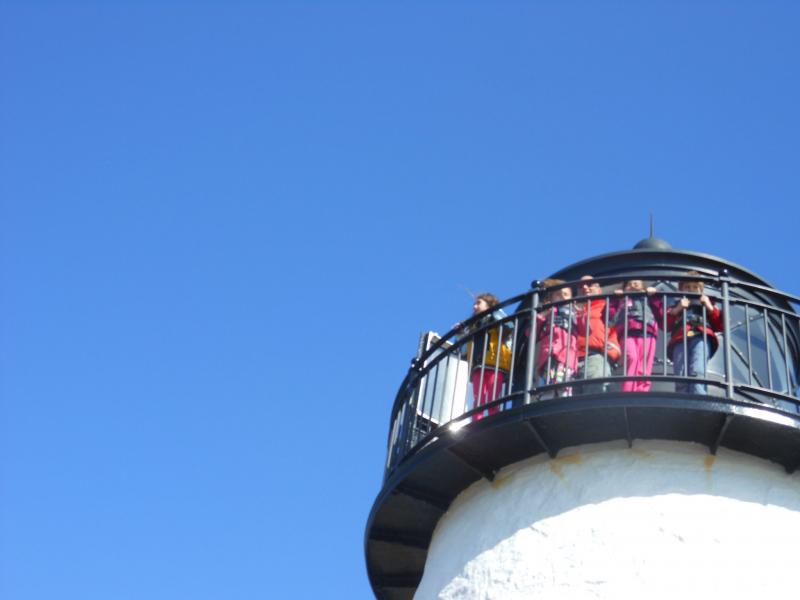Tern! Tern! Tern! (To everything there is a reason, says nature author)
Award-winning author Robert Finch writes about Cape Cod’s natural landscape in all its majesty and mystery.
However, in the summer of 1984 he visited Bird Island in Marion’s Sippican Harbor to see what was then one of the largest tern colonies in Massachusetts. At the time, 2,000 nesting pairs made the island their home
Instead, he found a gruesome scene - the bodies of 30 Roseate Terns and three Common Terns. A known attack on terns hadn’t been recorded in a half-century on the island.
He spoke about it at his presentation, “Massacre on Bird Island: the Conundrums of Conservation on One of the Largest Roseate Tern Colonies in North America.” Sponsored by the Marion Natural History Museum, the presentation happened April 4, at the town's Music Hall on Front Street.
Finch, who lives in Wellfleet, Mass., has written essays, travel guides and co-authored/edited books about Cape Cod for 40 years. His work “A Cape Cod Notebook” won the 2006 New England Edward R. Murrow Award for Best Radio Writing.
For Friday’s talk, Finch read his essay on the mysterious bird deaths.
Finch hasn’t returned to Bird Island since visiting almost 30 years ago. He fielded audience questions after asking about the current state of the island’s bird population.
Audience member Chris Bryant noted the Audubon Society now monitors the island via video camera. The video feed is broadcast online for anyone interested to view.
Before the questions, Finch revealed what he believed killed the rare birds: A case of “environmental irony.”
Peregrine falcons, then classified as an endangered species, were re-introduced in eastern Massachusetts after becoming locally extinct due to the use of pesticides, especially DDT.
It’s possible a falcon passing through the area preyed upon the terns, Finch said.
The essay ended with Finch’s rumination on the concept of wildlife refuges in particular, and unintended consequences.
The author used a quote often attributed (but is actually paraphrased) to American naturalist John Muir: “When one tugs at a single thing in nature, he finds it attached to the rest of the world.”
For more information on upcoming programs at the Marion Natural History Museum email info@marionmuseum.org or call 508-758-9089.















